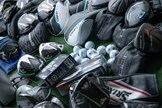This surprise driver beat Callaway, TaylorMade, Titleist, and Ping (and it’s much cheaper too!)
Last updated:
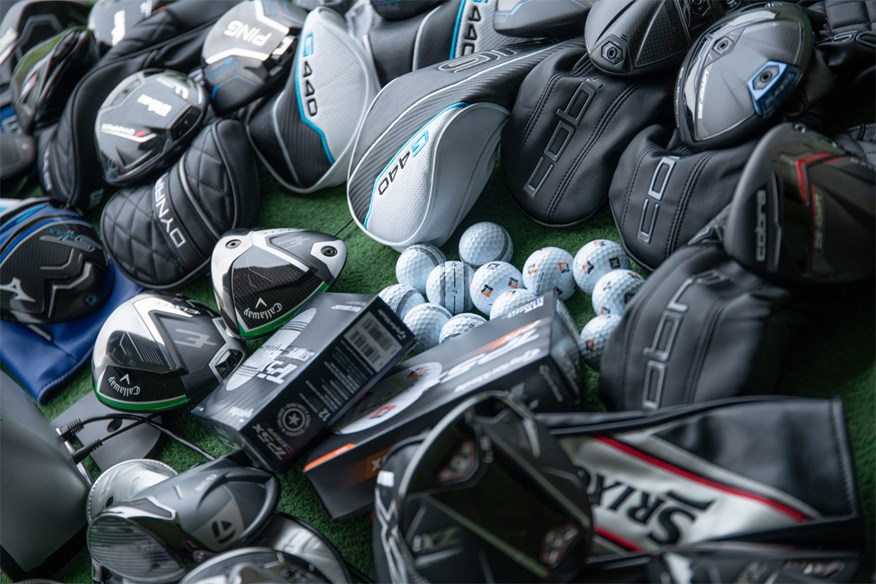
Our testing revealed an absolute gem of a driver that delivers fantastic performance at a competitive price…
When it comes to choosing the best golf driver for your game, you’re usually picking from three main categories: low-spin models, maximum forgiveness models, and ‘core’ models that aim to deliver a balanced mix of both.
That final category, while the hardest to define, is where a brand’s “standard” driver will typically fit – often the model without any extra letters or words after its name. Think the TaylorMade Qi35 and Callaway Elyte.
It’s also the most popular category. While low-spin models appeal to golfers chasing maximum distance and forgiveness models benefit those needing extra help, more than half of golfers find themselves in this Goldilocks zone – a driver that’s just right, offering a good blend of distance and forgiveness.

These core models are so versatile that they’re found in the bags of both tour pros and high handicappers.
If you’re looking for a new driver, it’s well worth testing at least a few core models. In fact, it’s probably the best place to start. You can then – with the help of a good custom fitter – decide that a core model is the best fit and dial into which one and which setup works best, or move into the low-spin or max forgiveness categories if there’s a clear need to do so.
But which core model driver is the best in 2025? It’s one of the key questions we wanted to answer in the 2025 Golf Drivers Test, and there was a surprise winner that you definitely shouldn’t let pass you by.
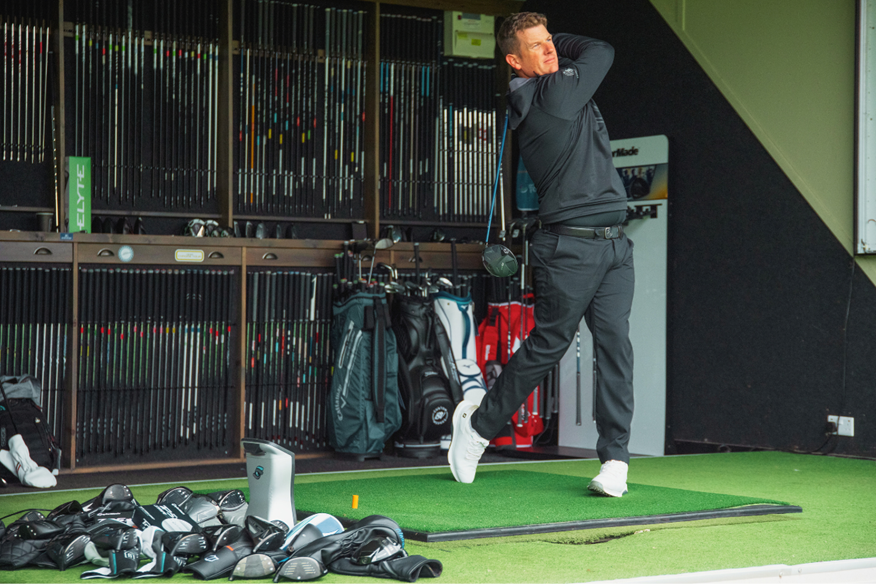
How we tested the golf drivers
- The tester
Our test pro, Neil Wain, is a very consistent golfer, having played for England as an amateur before turning pro off a +4 handicap. He’s a highly regarded player, coach, and custom fitter. - The test
Neil hit multiple shots with each driver, using a market-leading GC Quad launch monitor to capture every piece of data. Shots that Neil felt didn’t represent the club fairly – like severe mishits – were discarded and replaced. Thanks to his consistency, this was a rare occurrence. - The testing environment
The test was conducted under strict conditions, overseen by a former Team GB bio-mechanist, at an indoor facility. We chose to test indoors to eliminate the influence of wind or temperature changes. - The ball
We used the TaylorMade TP5, a premium golf ball trusted by pros and amateurs for its quality and reliability. - The specs
All drivers were tested at the same loft using the same shaft. Models with adjustable weights were tested in both forward and rear positions.
The results: Best core drivers of 2025
| Manufacturer | Model | Loft (°) | Clubhead Speed (mph) | Ball Speed (mph) (+/- SD) | Carry Distance (yds) (+/- SD) | Spin Total (rpm) (+/- SD) | Launch Angle (°) | Height (yds) | Descent Angle (°) | L-R Dispersion (yds) |
| Wilson | DynaPower Carbon (Forward) | 10.5 | 117 | 165.2 (2.6) | 289.9 (8.3) | 2,442 (478) | 12.8 | 38.1 | 42.0 | 44.3 |
| Wilson | DynaPower Carbon (Rear) | 10.5 | 115.6 | 165.3 (1.3) | 284.8 (5.8) | 2,682 (187) | 11.7 | 37.4 | 42.3 | 16.1 |
| TaylorMade | Qi35 (Forward) | 10.5 | 116.1 | 163.0 (2.0) | 283.7 (4.8) | 2,284 (503) | 11.8 | 32.5 | 37.7 | 27.0 |
| Callaway | Elyte | 10.5 | 117.3 | 165.3 (0.6) | 283.3 (6.7) | 2,692 (443) | 11.4 | 35.7 | 40.8 | 26.1 |
| Cobra | DarkSpeed-Adapt X (Forward) | 10.5 | 116.2 | 161.1 (1.6) | 282.4 (7.1) | 2,443 (308) | 12.9 | 37.1 | 42.1 | 36.7 |
| Ping | G440 Max | 10.5 | 115.1 | 163.1 (1.3) | 281.8 (5.7) | 2,702 (344) | 12.9 | 39.9 | 43.7 | 31.9 |
| Titleist | GT2 | 10.0 | 115.5 | 163.1 (1.6) | 280.4 (5.3) | 2,728 (249) | 12.1 | 37.9 | 41.9 | 26.2 |
| PXG | Black Ops (Forward) | 10.5 | 113.7 | 163.1 (0.9) | 280.1 (6.4) | 2,610 (398) | 11.2 | 34.0 | 40.3 | 25.6 |
| PXG | Black Ops (Rear) | 10.5 | 113.2 | 162.5 (1.8) | 278.0 (5.9) | 2,696 (221) | 12.0 | 36.7 | 42.1 | 41.9 |
| Cobra | DarkSpeed-Adapt X (Rear) | 10.5 | 116.7 | 161.4 (1.6) | 276.8 (6.3) | 2,777 (293) | 12.9 | 39.6 | 44.0 | 21.5 |
| TaylorMade | Qi35 (Rear) | 10.5 | 115.9 | 162.4 (1.3) | 275.8 (7.0) | 2,856 (407) | 11.7 | 36.7 | 41.9 | 17.9 |
| Srixon | ZXi | 10.5 | 115.3 | 161.1 (1.9) | 275.4 (6.4) | 2,822 (399) | 13.4 | 40.9 | 45.0 | 48.4 |
Why the Wilson DynaPower Carbon stands out
Ball speed & carry distance
Distance isn’t everything when it comes to choosing the best golf driver, but let’s face it: it is the main thing most people will look for when buying one.
And there’s nothing wrong with that. There’s data to show that longer drives equal lower scores and there are few better feelings than bombing a long drive.
The Wilson DynaPower Carbon blew its competitors away when it came to ball speed and carry distance.
In the weight-forward setting, it was 6.2 yards longer than the next longest driver and 14.5 yards longer than others.
Even with the heavier weight at the back – typically a more forgiving setting that sacrifices some distance – it was longer than any other model in any setting.
The ball speeds of 165.2 mph (weight forward) and 165.3 mph (weight back) were test-leading, too.
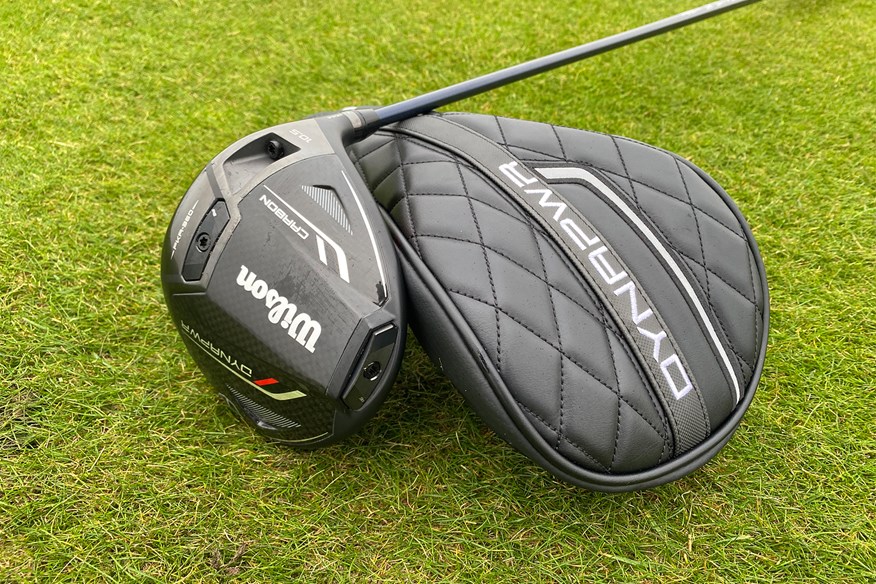
Accuracy
Putting the heavier weight at the back did see the Wilson DynaPower Carbon lose some distance, as you’d expect, but it transformed it into the most accurate driver of all core models – and still longer than any other driver in the category.
The DynaPower Carbon’s left-to-right dispersion of 16.1 yards was much tighter than the test average and made it more than 30 yards straighter than some of its rivals.
The beauty of adjustability, combined with the DynaPower Carbon’s hugely impressive performance, is that you can own the straightest driver in the category and the longest – and it just takes a few clicks with a wrench to switch between them.
Whether you decide the accuracy boost is worth sacrificing a few yards will depend on your own game and the course(s) you play, but it’s great to be able to make that decision and reverse it whenever you like.
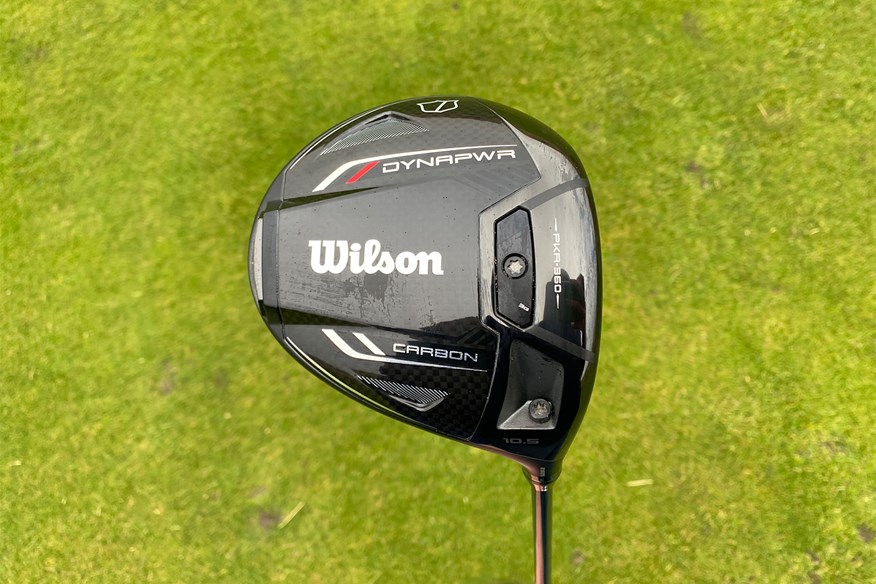
Spin and launch
A spin rate of 2,442 (weight forward) and 2,682 (weight back) is lower than most other drivers in this category, but still plenty high enough for excellent launch and carry.

Looks & feel
The previous generation Wilson DynaPower Carbon wasn’t an ugly driver by any means, but it wasn’t winning any awards for looks either.
The new DynaPower Carbon is a different story.
Equipment Writer James Hogg tested the DynaPower Carbon for an extended period over multiple rounds of golf and gave it a perfect 5 out of 5 for its aesthetic appeal, praising its clean, sophisticated look at address and in the bag. The sound and feel are equally impressive, delivering clear feedback on both good and bad shots.
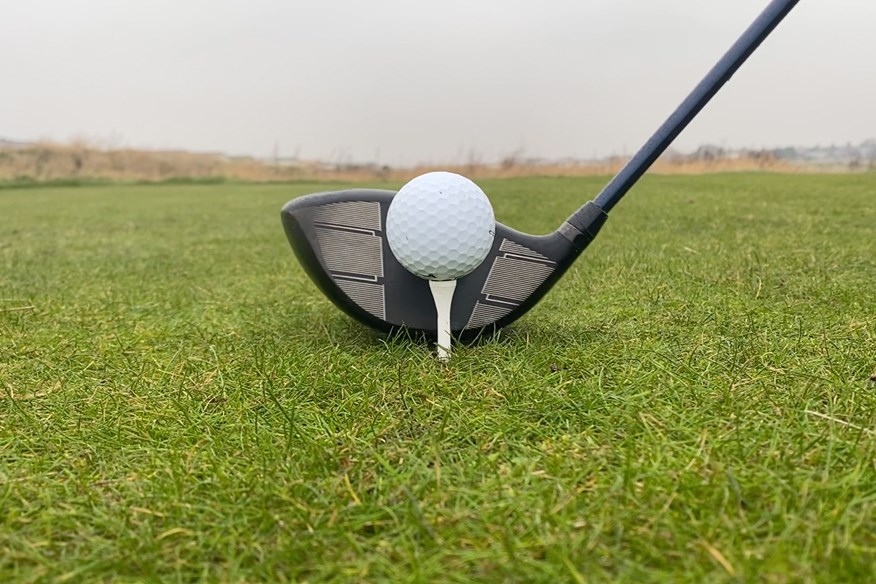
Adjustability
With a six-way adjustable hosel and two interchangeable weights, the DynaPower Carbon offers plenty of options to fine-tune your setup and create your optimal launch angle and spin rate.
Price
At $549.99 / £480.00, the DynaPower Carbon is significantly more affordable than comparable models from Callaway, Ping, Titleist, and TaylorMade. That’s exceptional value for a driver that outperforms many premium competitors.
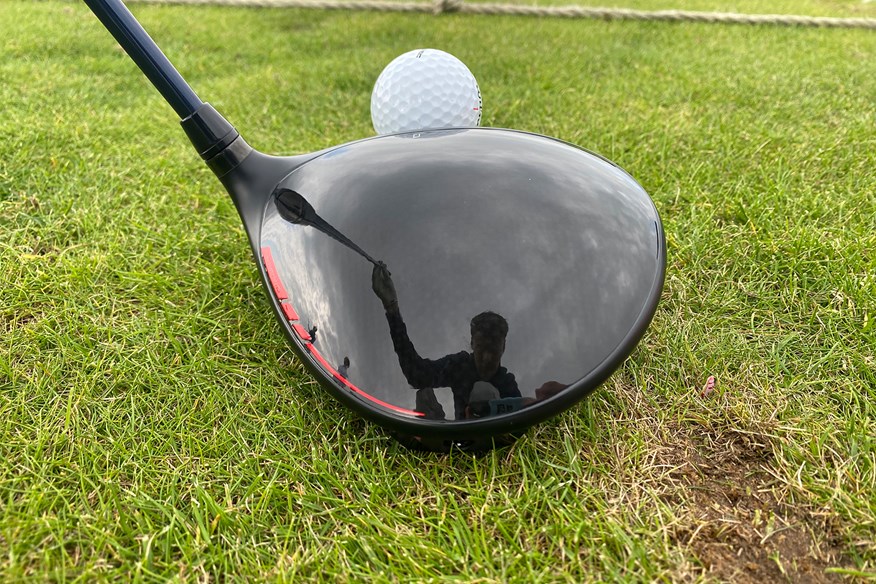
Any downsides?
Final thoughts
If you’re searching for a driver that offers elite-level performance without the elite-level price tag, the Wilson DynaPower Carbon is a no-brainer. With its combination of distance, accuracy, adjustability, and aesthetics, it’s a clear winner as the best core driver of 2025.



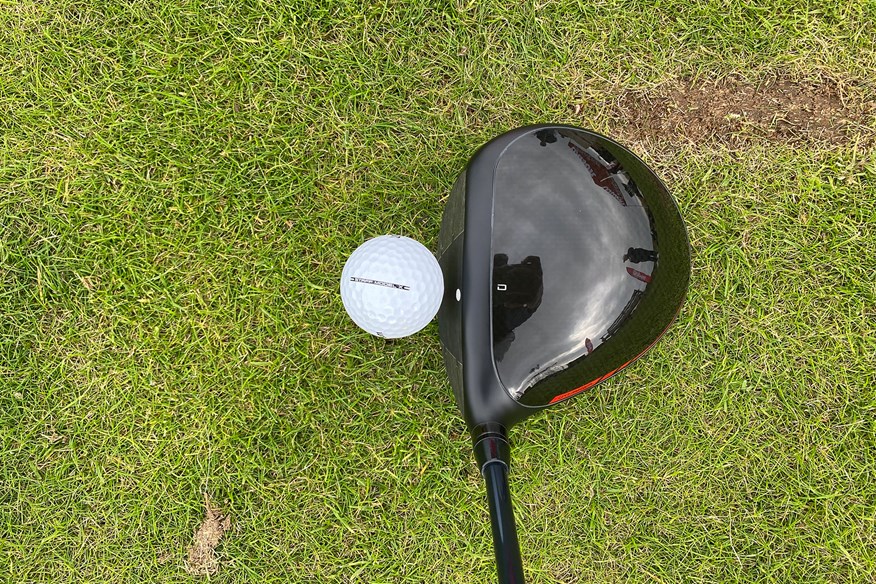

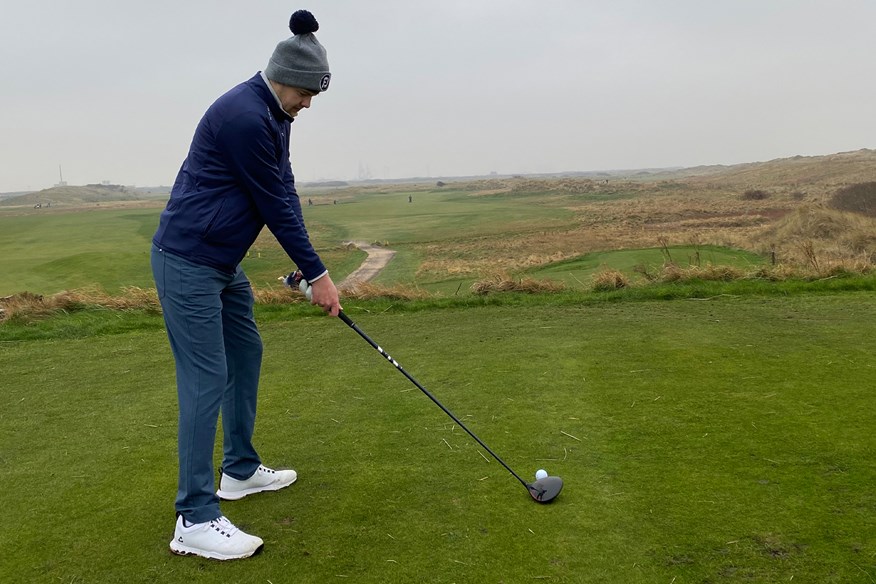

Pros
- One of the best-looking drivers I've seen in 2025
- Competitive distance
- Ample forgiveness
- Good choice of shaft and grip options
- Workable and adjustable
- Amazing value
- Suitable for a wide range of golfers
Cons
- 12° head not an option
- Not the most exciting driver
| Lofts | 8° / 9° / 10.5° / 10.5° Lite |
| Head Size | 460cc |
| Stock Shaft Flex Options | Regular | Stiff |
| Standard Shaft Length | 45.75” |
| Stock Shaft Options | Fujikura Ventus TR Blue | (10.5° Lite) UST Helium NCT 4 Lightweight |
| Stock Grip | Lamkin Crossline 360 Black |
| Lie Angle | 57.0° |
- Tour-inspired
- Sound engineered
- PKR-360
- Open Hosel Construction
- Full Adjustability
READ NEXT: Best forgiving golf drivers
